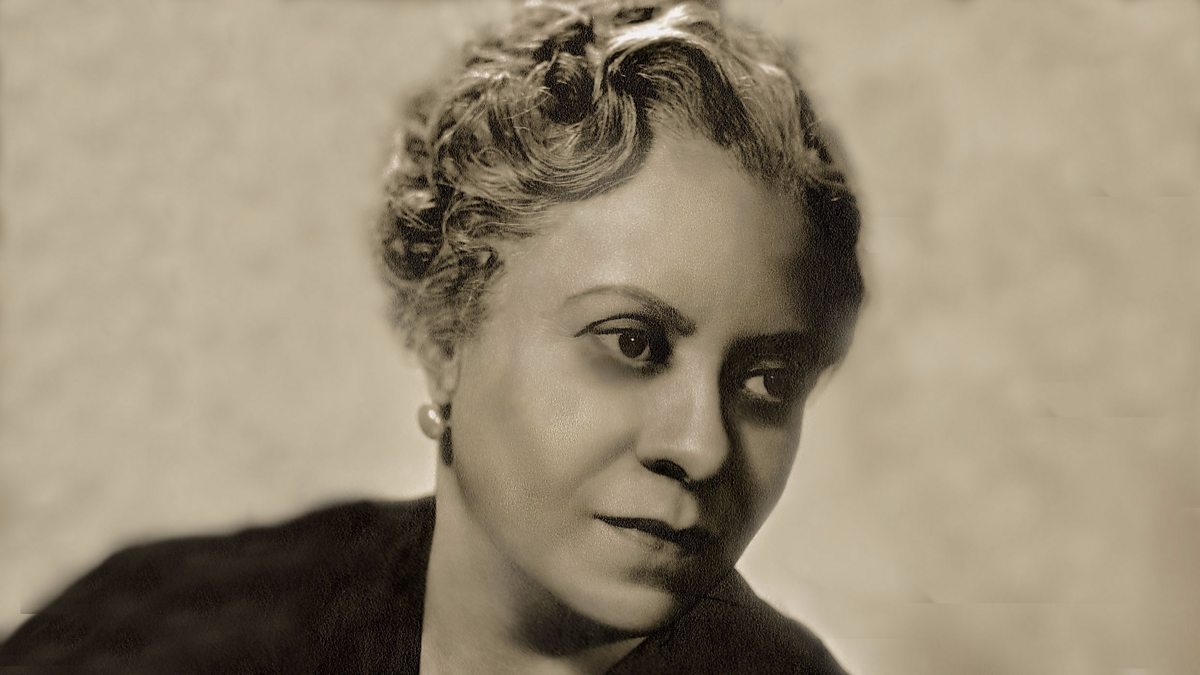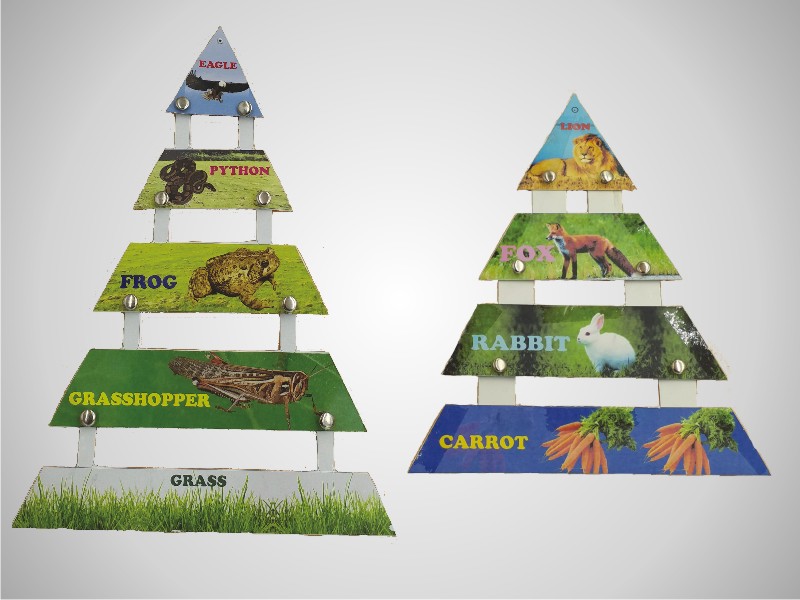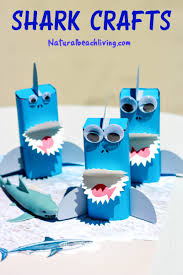Hello everyone!
Another week, another blog post! We would like to say a huge well done and thank you to all of the children and their families, with regards to all of the hard work that has taken place to ensure pupils at home continue to engage with and complete their home learning tasks over the past few weeks. All of our staff at St. Peter’s miss the children very much however we have particularly enjoyed contacting families via telephone calls and emails as a means of keeping in touch with everybody. There has been an excellent variety of creative home learning projects completed by the children recently – please feel free to continue sending a piece of home learning you are proud of each week, to the classroom email account, and we shall reply to you with feedback and/or a praise phrase as soon as we can!
Once again, Miss Honeywell has been up to more of her yummy bakes! This week, she has made a delicious lemon drizzle traybake as well as some healthy breakfast banana muffins. Have you tried any new healthy recipes with your family? She also found a very interesting surprise waiting for her by the front door when she got home – a male stag beetle, which is an endangered species and very rare to find in the UK! Take a look…

Meanwhile, Miss Jackson-Nash has been busy continuing her steps challenge and she has been making lots of new healthy recipes for her breakfast, lunch and dinner time meals. She really enjoyed making the delicious foods below… Take a look!


Reading comprehension
Fiction – word choices
Last week, you completed a series of activities in order to help you read and then build your very own character descriptions.
To consolidate this learning, we would now like you to take a look at the following reading comprehension tasks – the activities shall enable you to examine the specific word choices of story writers, as well as the impact that these descriptive choices and details may have upon a reader.
Please take a look at lesson 1-2 from Oaks Academy (story module) to learn more about how to describe a setting as well as a key character, when writing a story…
Lesson 1: https://classroom.thenational.academy/lessons/story-reading-comprehension-word-meaning/
Lesson 2: https://classroom.thenational.academy/lessons/story-reading-comprehension-fact-retrieval/
Once you have visited the websites above, use the Fantastic Beasts story you have read and the image below to complete a skills chart on the ‘Niffler’ creature (this will help you when completing the Fantastic Beasts story, which shall form the final outcome of your writing home learning task for this week – scroll down further on our blog post to access this section).

|
Expanded noun phrase
|
Dialogue |
Fronted adverbials |
Figurative language (simile)
|
|
e.g. The greedy, hairy Niffler.
|
e.g. “Niffler, leave the gold coin alone!” cried Newt, suddenly. |
e.g. When the Niffler thought nobody was looking, |
e.g. As sneakily as a robber, the Niffler took the shiny coins.
|
|
|
|
|
|
|
|
|
|
|
Support
* For those who complete separate guided reading activities, have a go at the following task…

In addition, please continue to read 20-30 minutes daily. Try and read a range of texts too.
Writing activity
Fiction – story writing
Main Task
Now we are going to have a practise at a combination of character and setting descriptions, which can be used to engage a reader and make them want to follow through the rest of a story. Please take a look at the following link from Oaks Academy and complete lessons 3-5 of the story module on the Oaks Academy website. Can you apply the skills of expanded noun phrases, 5Ws (who, what, where, when, why) and fronted adverbials to ‘set the scene’ when continuing the tale of the Fantastic Beasts? Don’t forget to use the chart you produced at the end of this week’s reading activities, in order to help you…
Lesson 3: https://classroom.thenational.academy/lessons/story-identifying-the-features-of-a-text
Lesson 4: https://classroom.thenational.academy/lessons/story-spag-focus-fronted-adverbials
Lesson 5: https://classroom.thenational.academy/lessons/story-continue-a-story
Support
* Too tricky? Why not take a look at the story starter and then complete the activity below it…

She turned in the saddle and looked behind her. Emma could see the others gaining on her. Digging in her heels, she whispered some words of encouragement in the ostrich’s ears as it burst into full speed. They were making good time, but there was so far still to go…
Is this a race, or another adventure? https://www.pobble365.com/the-great-race
Can you continue the story, using:
– Expanded noun phrases (e.g. the big, brave ostrich)
– Fronted adverbials (e.g. As the weather began to change,)
– Dialogue (e.g. “Quick, run faster!” I called, desperately)
Spelling
This week, we would like you to revise the following Y3/4 spelling words from our list. These should also help you during your reading and writing activities for this week.
special straight strange
strength suppose surprise
Please note:
For those working on Y2 common exception words, use the following online ‘Spelling Tiles’ games (there are four to choose from).
https://spellingframe.co.uk/spelling-rule/139/35-Common-exception-words
Maths
Geometry: perimeter and area
To continue your learning on shape, we would like you to take a look at the following tasks (lessons 1-5) on finding the perimeter and area of different shapes, from Oaks Academy:
Lesson 1: https://classroom.thenational.academy/lessons/area-and-perimeter/
Lesson 2: https://classroom.thenational.academy/lessons/area-and-perimeter-80465f/
Lesson 3: https://classroom.thenational.academy/lessons/area-and-perimeter-047bb0/
Lesson 4: https://classroom.thenational.academy/lessons/area-and-perimeter-e13019/
Lesson 5: https://classroom.thenational.academy/lessons/area-and-perimeter-f0588e/

Support
For those who have additional support during maths activities in school, please take a look at the following ‘counting’ tasks on area and perimeter…
What can you say about these two shapes?

What is the area of each one? Which has the biggest area?
(count the squares inside the shape, cm2)
What is the perimeter of each one? Which has the smallest perimeter?
(count the sides of the squares around the outside edge, cm)
Use one colour for counting the perimeter and another colour for the area of the shapes on these cards (PDF link available below).

PDF link: Area and perimeter support task
Remember that Sumdog, Times Table Rockstars and My Maths have also been updated with activities.
Topic – History
To revise your History learning on Anglo Saxons and the Vikings – and to see what you can remember! – can you have a go at making a Quiz round to use for a Zoom, WhatsApp or FaceTime family quiz night?
Why not use the National Geographic for Kids fact files below, to support you with your questions and answers?
https://www.natgeokids.com/uk/discover/history/general-history/anglo-saxons/
https://www.natgeokids.com/uk/discover/history/general-history/10-facts-about-the-vikings/
Once complete, have a go at these incredibly fun online games, to help deepen your understanding of these fascinating time periods and explore the worlds of the Anglo Saxons and Vikings…
https://gridclub.com/activities/vikings
https://gridclub.com/activities/anglo-saxons
Please note: You will need to enable ‘flash’ on your computer settings, to view these history activities.
Science
Over the past couple of weeks, we have focused upon Sound and Vibrations as part of our Science home learning. This week, we would like to revisit your work on Electricity from earlier this year – we are going to revise electrical safety, circuits and symbols. Enjoy!
Please note: You will need to enable ‘flash’ on your computer settings, to view these science activities…
First of all, have a go at the following task to help you remember about the key components of an electrical circuit. Click ‘diagram’ on the activity in order to see how the parts of the circuit look when represented by their symbol drawings.
https://www.sciencekids.co.nz/gamesactivities/electricitycircuits.html
Now let’s look a bit more closely at the circuit and explore electrical conductors and insulators. Can you remember what these Science terms mean? Which type of materials would help electricity to flow through a circuit successfully? Which ones would not be able to? Have a go…
https://www.sciencekids.co.nz/gamesactivities/circuitsconductors.html
As a challenge, use what you have learnt to try the selection of electricity tasks on the following website. How creative and efficient can you be when designing your own circuits?
http://www.primaryhomeworkhelp.co.uk/revision/Science/electricity.htm
Music – Mrs Sumba
Antonio Vivaldi
Go to the website below and watch Stephanie Childress’ video about Antonio Vivaldi.
https://www.bbc.co.uk/teach/ten-pieces/classical-music-antonio-vivaldi-winter-from-the-four-seasons/zf98bdm
Why was Antonio considered a musical trailblazer?
Now close your eyes and listen to the whole piece on the 2nd video.
What pictures come into your head?
Find a creative way to respond to the music. This could be by dancing, drawing, painting or writing a poem. You may have your own idea.
Challenge
Why not listen to another piece from Vivaldi’s Four Seasons- Spring, Autumn or Summer?
Religious Education – Miss Honeywell
Following the celebration of Pentecost in our Church calendar, we would like you continue to reflect upon our Mission and how we can ‘use the gifts God gave us to make our world a better place’.
Just as the Holy Spirit had appeared to the Apostles of Jesus and gave them hope while they were in Jerusalem, we would like you to consider how YOU can use the power of the Holy Spirit to support and encourage others.
Can you complete ONE of the following activities, to explore how we can continue God’s work on Earth as His followers?
– Design a logo for a charity that you feel could be made in order to support others. You can be as creative as you like! Can you include symbols of the Holy Spirit?
– Research one of the following organisations: CAFOD, Christian Aid, Missio. What is special about this charity? How do they put the needs of others first?
– Create a new school Mission Statement for St. Peters – what else can we do to help others in our community and the wider world? Which actions do you feel would be most important?
– Paint a picture of Oscar Romero. How did he follow the values set out by our school Mission Statement? Can you include key facts about his work?
– Write a letter to your local priest. Could you suggest any ways in which you could support the Church in raising money for good causes, in the future? E.g. by helping in a bake sale or coffee morning, once it is safe to do so.
Family STEM activity – Miss Stapley
Candle chemistry
** Please note that this activity must be carried out in the presence of an adult to ensure safety **
Safety advice for parents
- Do the activity on a table which is cleared of any other flammable objects or materials. Use your judgement as a parent to decide whether or not to let your child light the candles on their own.
- Make sure you’ve blown out any candles after doing the activity. Don’t move a lit candle when doing this activity. Don’t allow your child to touch the wick or candle until it has completely cooled.
- Don’t leave a lit candle unattended at any time. There’s more extensive safety advice on using candles from the UK Fire Service here: http://bit.ly/BeFireSafe
The activity
- Make a blown out candle relight as if by magic.
- ExpeRiment to find out how long a candle will burn in different amounts of air.
- Learn about the chemistry of how a candle burns. https://www.rigb.org/families/experimental/candle-chemistry
What you will need
- At least one tea light or other small candle.
- Gas-powered cooker lighter (or long handled matches).
- Glass jars or glasses of various sizes.
- Stopwatch (maybe the one on your smartphone) or other way of measuring time.
What to do https://www.rigb.org/docs/candlechemistry_infosheet_0_1.pdf – for information sheet about the activity.
Going Further Challenge:
Learn more facts about fire: http://bit.ly/FireFacts Make a carbon dioxide fire extinguisher for your candles: http://bit.ly/CO2Ext Watch a video on how candles are made: http://bit.ly/CandlesMade Use a candle to suck water into a glass like Josh does at the end of the film: http://bit.ly/WaterCandle
Art Challenge
Key Stage Two
For your art challenge this week I would like you to do a piece of Artwork linked to a poem or book. This could be a collage picture from Owl and the Pussycat, or a STREETART word from a war poem. You may even design a new front cover for your favourite book. Let your fantastic imaginations go wild!
WOW! CHALLENGE: Read the poem or part of the book aloud to your family, using expression.
Ideas to inspire you:

However, if this doesn’t appeal to you, then you can still send any other art work to me and I will post that on the Blog too.
Please email your artwork to me:
n.pearson@stpeterswaterlooville.hants.sch.uk
Thank you
Keep creating and keep safe!
Mrs Pearson






















































































































